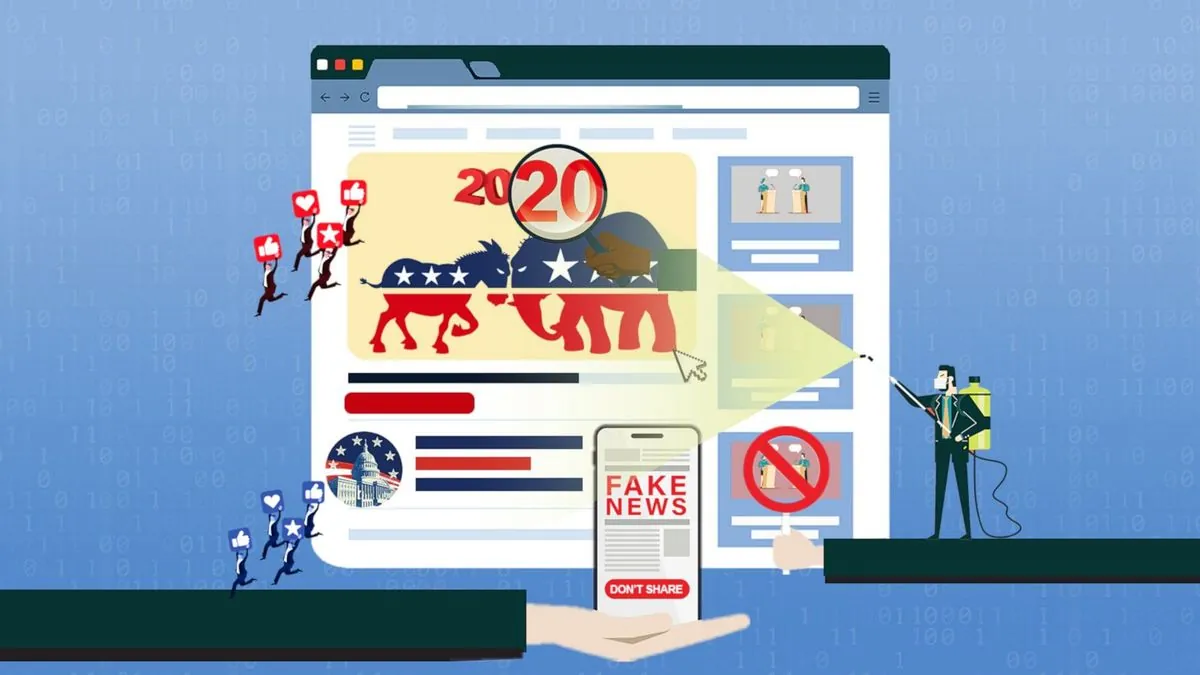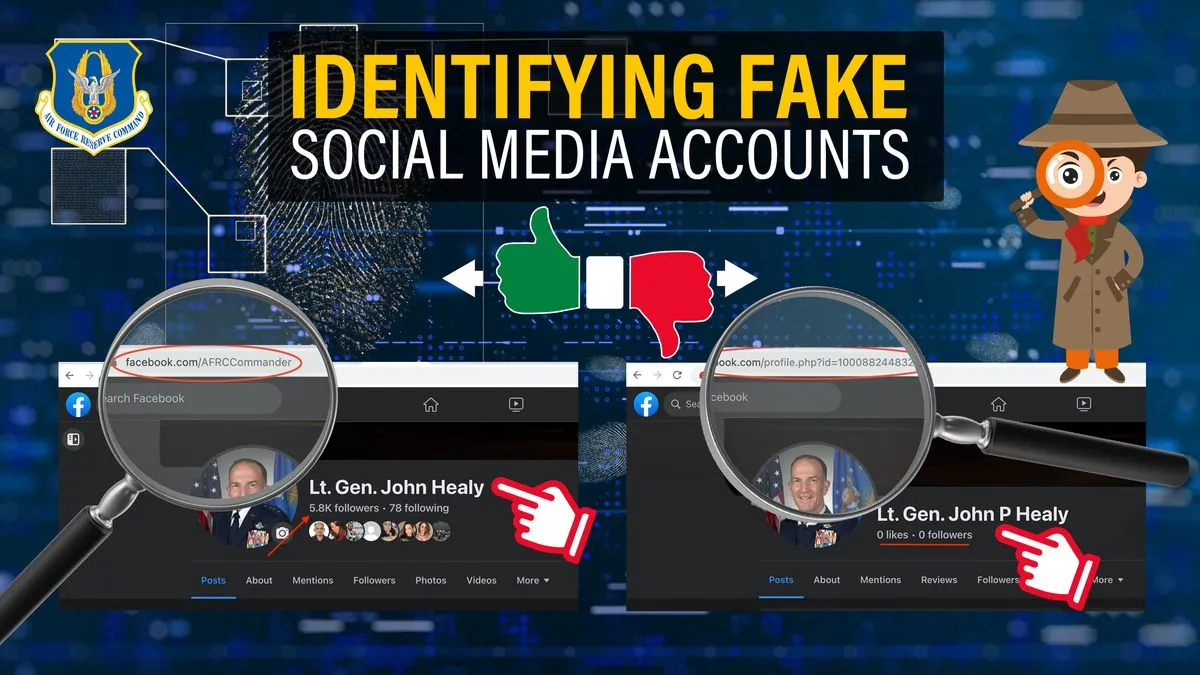Meta Uncovers Fake Political Group in Pre-Election Disinformation Crackdown
Meta dismantles a network promoting a fictitious political advocacy group ahead of the 2024 U.S. election. The operation, among six taken down, highlights escalating threats from domestic and foreign actors on social platforms.

In a recent development, Meta has uncovered and dismantled a network of social media accounts promoting a fictitious political advocacy group. This operation, aimed at recruiting conservative candidates to run as independents, is part of a surge in disinformation campaigns infiltrating the platform as the 2024 U.S. presidential election approaches.
The company, formerly known as Facebook, removed dozens of accounts and pages amplifying the "Patriots Run Project," a purported national grassroots organization. Investigation revealed that this group was likely operated by a small U.S.-based entity called the RT Group. While the campaign criticized both major political parties, it provided conservatives with detailed instructions on running for office.

This influence operation, one of six recently taken down by Meta, exemplifies the growing challenges facing internet platforms in the lead-up to the November 5, 2024 election. The threat landscape has evolved significantly since the 2016 election, when the term "fake news" gained prominence and Russia's Internet Research Agency was identified as a major source of online disinformation.
David Agranovich, Meta's global threat disruption director, highlighted that these campaigns often aim to "amplify messaging from real people, whether those are politicians, journalists or influencers, and then tap into their audiences." This tactic, known as "astroturfing," masks the true sponsors of a message to make it appear as though it originates from grassroots participants.
The Patriots Run Project created accounts for fictitious Americans, posting content about local sports, events, and restaurants to appear authentic. These accounts, some acquired from a Bangladesh entity, promoted criticisms of "Republican and Democrat elites" and discussed topics like "God," "guns," and "illegal immigrants." This approach aligns with the concept of "sock puppets" in internet slang, referring to online identities used for deception.
"The group's 16 Facebook pages had 1,700 followers, while three Instagram pages associated with the campaign had 2,300 followers. We also disabled 12 Facebook groups and 96 Facebook accounts associated with the effort. The influence campaign spent around $50,000 on ads on our social networks."
The threat of foreign interference in American politics is also intensifying. Meta reported removing four Russian-based foreign influence campaigns targeting Ukraine. Since 2022, these operations have focused primarily on the ongoing conflict in Ukraine, disseminating narratives about Ukrainian military casualties and government failures to audiences in the European Union and the United States.
Influence operations are becoming increasingly sophisticated, with some relying on outside contractors and experimenting with generative artificial intelligence to develop fake personas and content. This evolution in tactics presents new challenges for platforms and cybersecurity experts working to combat disinformation.
The use of AI in creating deepfakes and manipulated media has become a growing concern in recent years. To address these evolving threats, the U.S. Cybersecurity and Infrastructure Security Agency (CISA) was established in 2018 to improve cybersecurity across all levels of government.
As social media platforms continue to grapple with coordinated inauthentic behavior and information warfare, the importance of digital literacy and critical thinking skills among users becomes increasingly apparent. The ongoing battle against online disinformation underscores the need for continued vigilance and adaptation in the face of ever-evolving tactics employed by both domestic and foreign actors seeking to influence public opinion and political discourse.


































